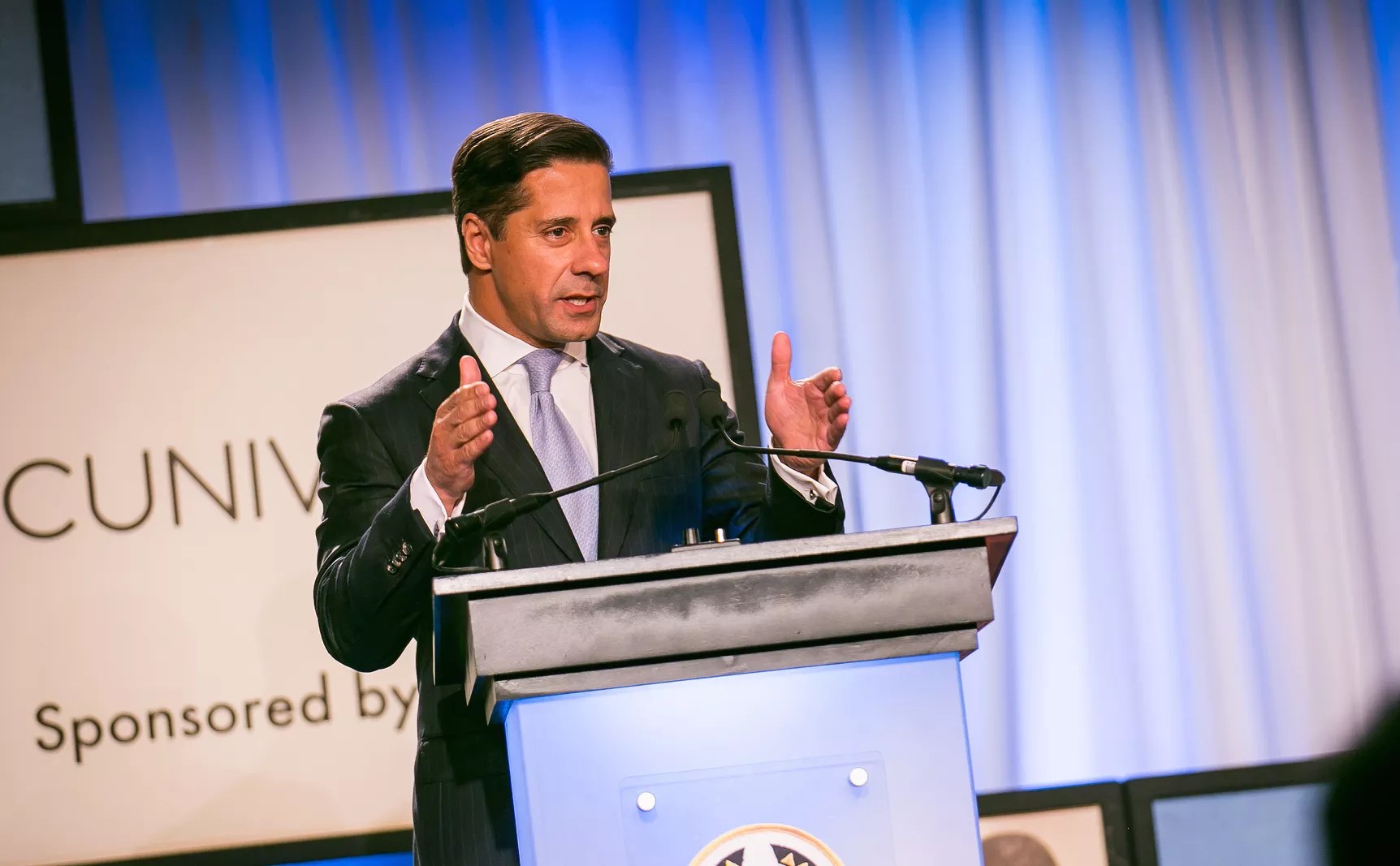
Audio By Carbonatix
When 14-year-old Kim Mitchell got in trouble for being a bystander in a fight at Miami Edison Senior High School two years ago, she was worried about getting suspended. But she says her punishment ended up being much worse: She was forced to spend three school days in a dingy office building without any classwork or instruction, whiling away time between restless naps and staring contests with a clock on the wall.
“[They] don’t teach us anything, and there are no guidance counselors,” Mitchell says. “It’s a waste of time. I might as well have been suspended and gone home.”
Mitchell is one of thousands of students in Miami-Dade who have been sent to a so-called Student Success Center, a two-year-old program started by the school district as an effort to reform discipline and cut down on suspensions. Last year, almost 4,500 students were sent to one of 11 Success Centers, which the district says have helped troubled students without locking them out of classes.
But a new report from the nonprofit Power U Center for Social Change casts doubt on those claims. The group surveyed hundreds of students from three high schools and found the vast majority said they received no instruction at the centers and had little constructive to do there. Power U says the centers are actually little more than “warehouses” that detain and deprive students of color of a proper education to help make the district’s suspension numbers look better.
“The implementation of Success Centers does not address racial disparities in disciplinary action,” James Lopez, Power U’s executive director, says. “These centers push black students out of the classroom, which means [the program is] not a real alternative to reducing the school-to-prison pipeline.”
The idea for the centers dates to 2014, when the school district found that 14,000 students had been suspended for disciplinary problems. At Mitchell’s school alone, suspended students accounted for 13 percent of the total population. Parents protested that the harsh discipline, including expulsions and school-based arrests, was depriving mostly minority students of their education. Though black students make up only about 21 percent of the student population, they accounted for 46 percent of suspensions that year.
The district’s response was to create Success Centers in 2015. The centers would be “safe havens” where students could be temporarily removed from their home schools for one to ten days, given homework assistance and behavioral counseling by certified teachers, and then returned to their regular schools.
As out-of-school suspensions vanished and thousands of students went to the centers instead, deputy superintendent Valtena Brown boasted in a Miami Herald op-ed that “it is difficult to dispute [the Success Center’s] immediate impact and effectiveness in transforming the student discipline culture.”
But Power U says its report debunks the district’s claims that Success Centers are beneficial for students. After surveying 648 students from John Ferguson High, Miami Northwestern High, and Miami Edison Senior High, researchers found that 79 percent of students did not receive any instruction at Success Centers. Also, classwork was rarely forwarded from home schools to Success Centers, meaning students often had nothing to do while at the off-campus sites.
Without anything to do, about two-thirds of students sent to Success Centers opt not to attend the full length of time they’re required. Many stay home and are, in turn, marked absent. To make matters worse, the school district does not provide transportation to Success Centers and requires that parents sign students in. After-hour supervision is also not provided. As a result, Success Center referrals place an undue burden on working parents who might not have access to a car or efficient public transportation.
“Success Centers don’t create an environment that addresses the root cause of why students are there,” Lopez says. His colleague, Julia Daniel adds, “The district is investing in models of exclusion and harsh punitive measures that deprive students of the quality of education they should be receiving.”
Black students are still disproportionally affected, Lopez’s study shows. In the program’s first year, 50 percent of all Success Center referrals were black.
The school district declined to comment directly on Power U’s findings but defended the Success Center program in general terms. The district’s chief communications officer, Daisy Gonzalez-Diego, says each Success Center has “a daily agenda [that] incorporates morning [and] end-of-day reflections, academic coursework, technology integration, and group [and] individual counseling incorporating restorative justice practices.”
That’s not what Power U’s survey shows, and Mitchell says it wasn’t her experience either.
“The man at my Success Center didn’t teach us or give us our schoolwork,” she says. “He just asked us what we wanted to do with our lives and then gave us recess. I was just there for no reason.”
Power U says its study suggests the real reason for the Success Center program is simply to obscure the number of students kicked out of the classroom each year, reducing official suspension counts to zero.
“While counting the number of suspensions and detentions, schools don’t need to add in the number of students that have gone to Success Centers, so it looks like the district’s numbers improved, but nothing is actually solved,” Mariama Gregory, Power U’s communications director, says.
The district insists the Success Center program has helped troubled students keep their academics in place while learning better discipline, but it declined to release any evaluations or testing data on Success Center performance.
“There’s just a total lack of transparency, oversight, and accountability right now,” Lopez says. “Parents should have the right to know how these centers are operated, like how teachers and life coaches are hired and trained.”
